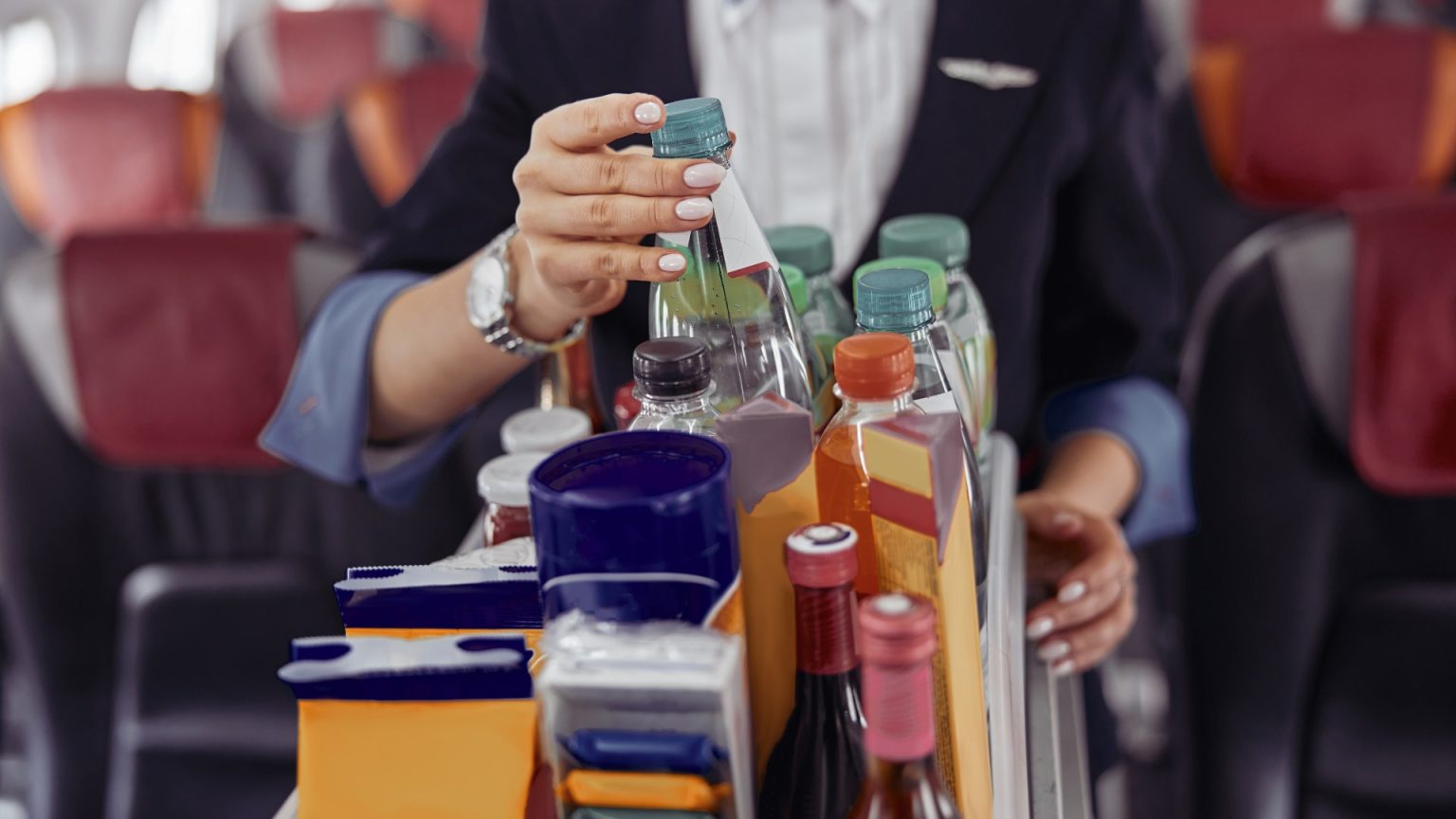The debate surrounding alcohol consumption on flights has reignited, with former Aer Lingus Regional boss, Padraig O’Ceidigh, calling for a complete ban on onboard alcohol sales. He argues that airlines should bear greater responsibility for passenger behavior and suggests that selling alcohol, especially on shorter flights, is unnecessary. O’Ceidigh draws a parallel with the ban on cigarette sales on planes, questioning the logic of permitting alcohol while prohibiting smoking. This perspective reflects a growing concern about the increasing prevalence of alcohol-related incidents on flights.
The history of alcohol service on airplanes dates back to the 1940s, when airlines like Northwest and Pan Am began offering it as part of the in-flight experience. However, the rise of low-cost carriers and a lack of consistent regulations regarding alcohol service have contributed to a surge in disruptive behavior by intoxicated passengers. The International Air Transport Association (IATA) reported a 47% increase in such incidents last year, attributing the rise to both pre-flight and onboard alcohol consumption.
This surge in alcohol-related disturbances has prompted airlines to take action. Ryanair, an airline frequently associated with such incidents, is suing a passenger for £12,500 for disruptive behavior that forced a flight diversion. Ryanair’s CEO, Michael O’Leary, has previously advocated for a two-drink limit on flights, highlighting the growing trend of passenger altercations and emphasizing the need for greater control over onboard alcohol consumption. He argues that allowing passengers to drink excessively at high altitudes is akin to allowing drunk driving, despite the obvious safety risks.
While most airlines haven’t implemented strict drink limits, several carriers, primarily for religious reasons, abstain from serving alcohol altogether. Airlines like Egyptair, Kuwait Airways, Saudia, and Royal Brunei Airlines do not offer alcoholic beverages on their flights. Turkish Airlines, which boasts the most extensive global network, only serves alcohol on international flights, refraining from doing so on domestic routes. Newly launched Saudi carrier Riyadh Air also plans to operate alcohol-free flights. This trend indicates a growing recognition of the potential for alcohol-related problems and a willingness to prioritize passenger safety and comfort.
Although most airlines permit passengers to bring their own food and drinks onboard, they generally prohibit the consumption of personal alcoholic beverages. This policy allows airlines to maintain some control over the amount of alcohol consumed during the flight and to intervene if a passenger becomes intoxicated. Cabin crew are authorized to refuse service to passengers who appear excessively inebriated, acting as a crucial safeguard against escalating disruptive behavior.
The potential dangers of excessive alcohol consumption at high altitudes are further compounded by the effects of cabin pressure and dehydration. Alcohol’s effects are amplified in these conditions, increasing the risk of dehydration, exacerbating jet lag, and potentially leading to more severe health complications. The NHS recommends limiting weekly alcohol intake to no more than 14 units, spread over several days, to minimize health risks. For pregnant women, abstaining from alcohol entirely is advised. This advice underscores the importance of responsible alcohol consumption, particularly in the unique environment of an airplane cabin.











